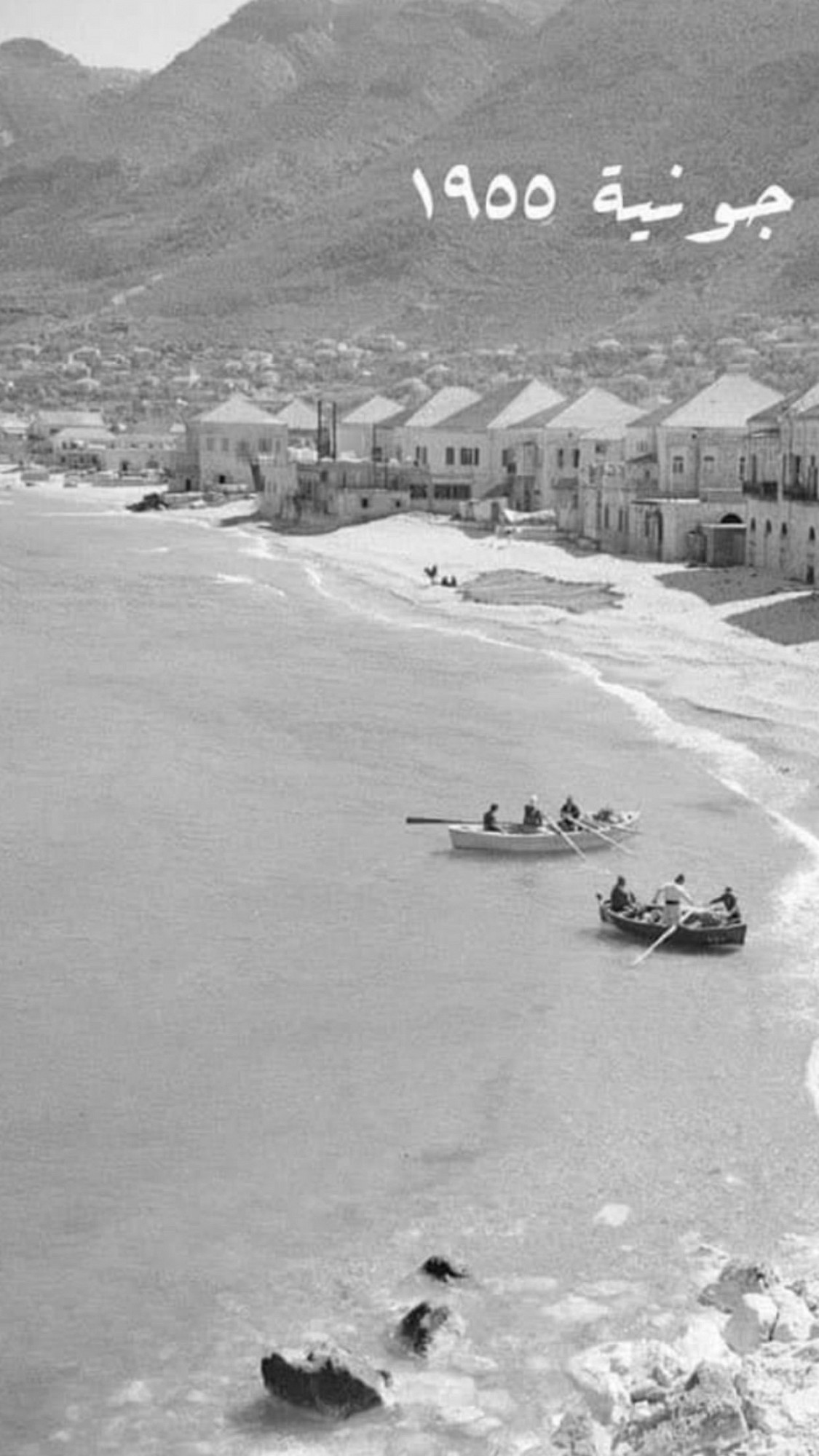Beirut is the capital and largest city of Lebanon. As of 2007 it had an estimated population of slightly more than 1 million to 2.2 million as part of Greater Beirut, which makes it the third-largest city in the Levant region and the fifteenth-largest in the Arab world. On a peninsula at the midpoint of Lebanon's Mediterranean coast, Beirut is an important regional seaport.

It is one of the oldest cities in the world, having been inhabited for more than 5,000 years. The first historical mention of Beirut is found in the Amarna letters from the New Kingdom of Egypt, which date to the 15th century BC.
Beirut is Lebanon's seat of government and plays a central role in the Lebanese economy, with most banks and corporations based in its Central District, Badaro, Rue Verdun, Hamra, Ryad el Soleh street, and Achrafieh. Following the destructive Lebanese Civil War, Beirut's cultural landscape underwent a major reconstruction. Identified and graded for accountancy, advertising, banking, finance, and law, Beirut is ranked as a Beta + World City by the Globalization and World Cities Research Network.

























































